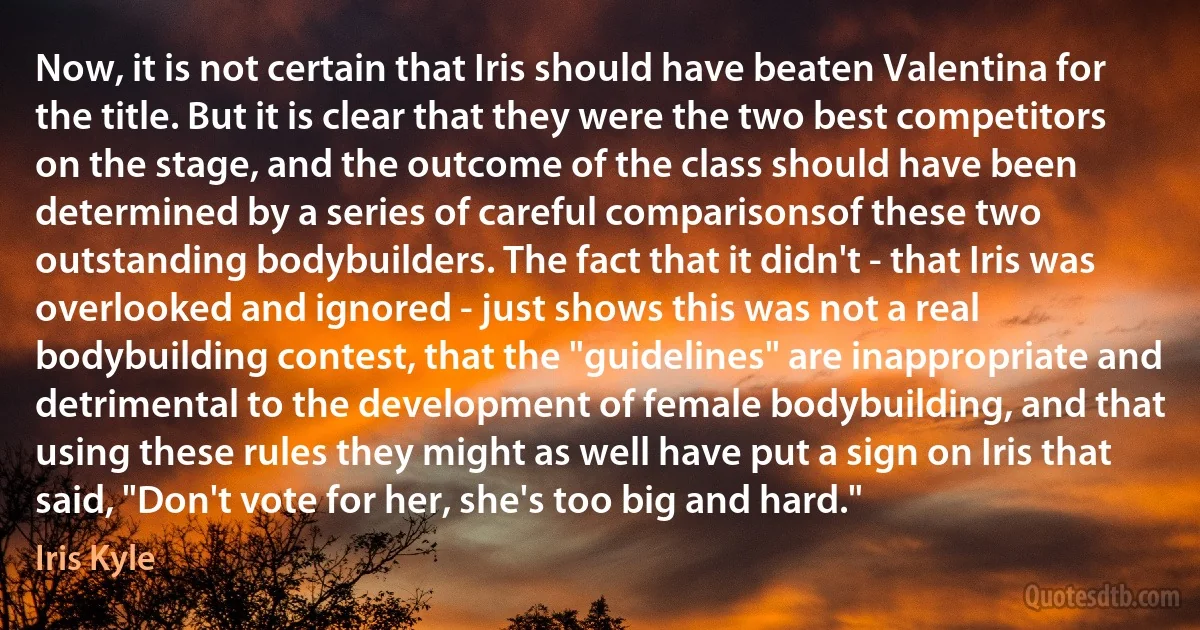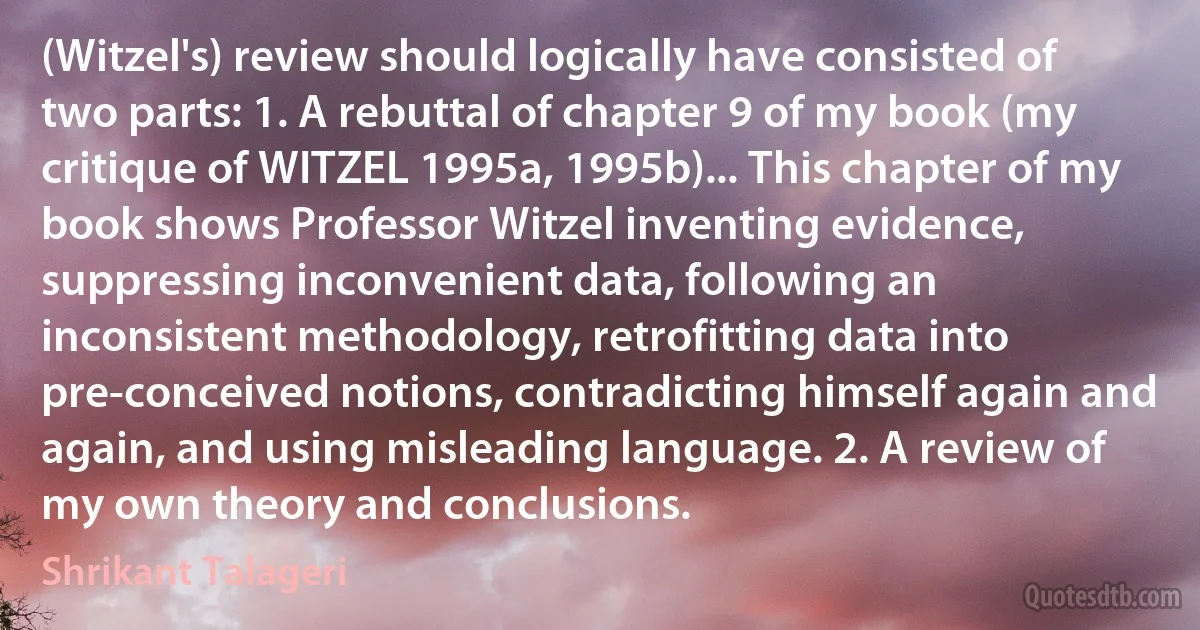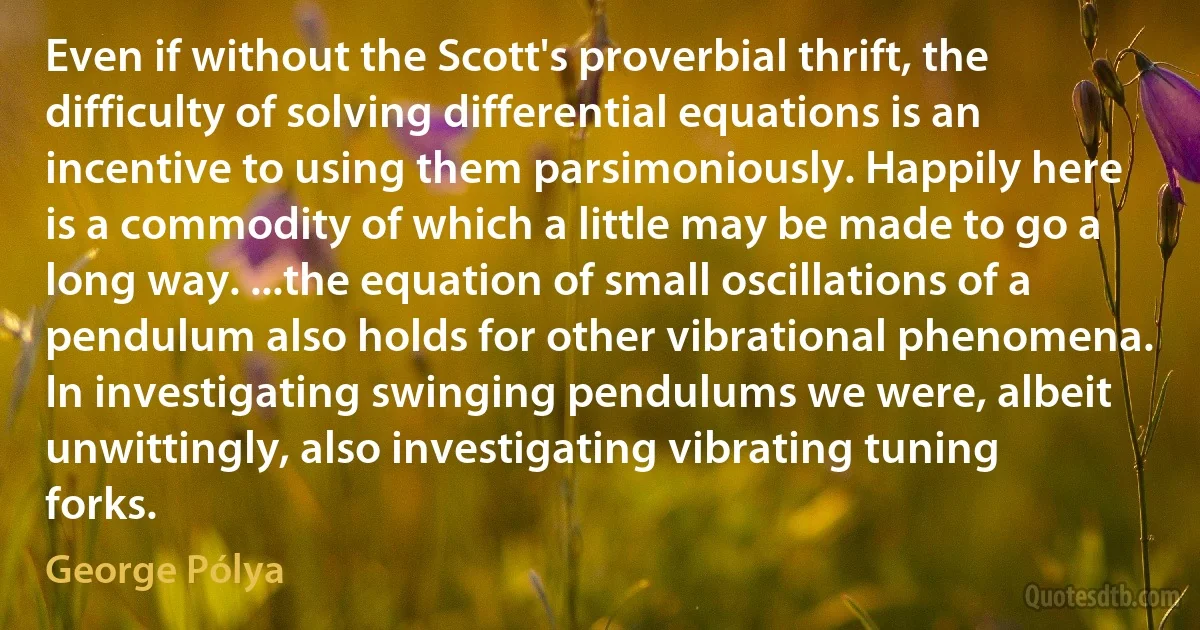Using Quotes - page 80
Mr. Khan, you had a moment to speak on history and provide us clarity and truth from a Muslim man who lost his son, an American Soldier, to Islamists. .... Then again, maybe you had no intention of using the platform provided to you as a teachable moment...but rather a politically-influenced opportunity for gain.

Allen West (politician)
We must stop using the word "race” as a cultural determinant and start using it for what it really is. It is a unifying word. There's no two ways around it. The Caucasian people will have to accept the fact that the changes of diversity on the planet are constant, and that we propagate ourselves at a higher rate. So as far as I'm concerned, people, come to terms with it. You want to really understand the future? You're going to have to understand that there's only one race, and that's the human race. Period.

Edward James Olmos
Here is what I believe is the paradigm that would be effective and what I would love to see, and you're going to laugh because Fox News is my model. What Fox has done is they've got a guy, Roger Ailes, who's passionate and has created a model for a 24-hour news station that makes money based on a point of view... Using Fox's model, find someone with the passion and the huevos to just lay it on the line - not in a partisan way, not in the pursuit of political power and political gain, but in the pursuit of credibility. In the pursuit of being a judge, an arbiter, and earning the trust of the audience over time as an oversight to the shenanigans of the political world.

Jon Stewart
It's said that Chaplin wanted you to like him, but Keaton didn't care. I think he cared, but was too proud to ask. His films avoid the pathos and sentiment of the Chaplin pictures, and usually feature a jaunty young man who sees an objective and goes for it in the face of the most daunting obstacles. Buster survives tornados, waterfalls, avalanches of boulders, and falls from great heights, and never pauses to take a bow: He has his eye on his goal. And his movies, seen as a group, are like a sustained act of optimism in the face of adversity; surprising, how without asking, he earns our admiration and tenderness.
Because he was funny, because he wore a porkpie hat, Keaton's physical skills are often undervalued ... no silent star did more dangerous stunts than Buster Keaton. Instead of using doubles, he himself doubled for his actors, doing their stunts as well as his own.

Roger Ebert
It's so frightening, the nationalism in the air. I'm terrified by it. It can be used to do anything. I know that a world in which countries are stockpiling nuclear weapons and using them in the ways that India and Pakistan and America do to oppress others and to deceive their own people is a dangerous world.

Arundhati Roy
An element as powerful and potent as a Muslim girl's virginity also has great commodity value, which means that virginity is above all a man's business. Daughters are bait for attracting alliances, or they can be reserved for the highest bidder. Power, wealth, and the solidifying of clan relations may hinge on marriage alliances, so raising daughters of quality who are modest and docile is important. Using velocity to ensure their obedience and to warn them against straying is a perfectly legitimate reminder of the law in a system of values in which women have only a little more free will than livestock.

Ayaan Hirsi Ali
What I may attempt is to dispel the feeling that in using the eye of the body or the eye of the soul, and incorporating what is thereby revealed in our conception of reality, we are doing something irrational and disobeying the leading of truth which as scientists we are pledged to serve.

Arthur Eddington
Hoyt began moving his lips as if he were trying to suck the ice cream off the top of a cone without using his teeth. She tried to make her lips move in sync with his. The next thing she knew, Hoyt had put his hand sort of under her thigh and hoisted her leg up over his thigh. What was she to do? Was this the point she should say, "Stop!”? No, she shouldn't put it that way. It would be much cooler to say, "No, Hoyt,” in an even voice, the way you would talk to a dog that insists on begging at the table.

Tom Wolfe
I listen to him constantly using the n-word, that's the n-word, and he's constantly using it, the nuclear word.They didn't attack any other countries under us. I'm the only one where that didn't happen. And with Bush, they took Georgia, and they took Crimea with Biden and Obama. And now he said ‘to hell with it. Let's take the whole thing'.

Donald Trump
I am using the word "perceive". I am using it here in such a way that to say of an object that it is perceived does not entail saying that it exists in any sense at all. And this is a perfectly correct and familiar usage of the word. If there is thought to be a difficulty here, it is perhaps because there is also a correct and familiar usage of the word "perceive", in which to say of an object that it is perceived does carry the implication that it exists.

Alfred Jules Ayer
That woman is living solely for the cause of India. She is using all her extraordinary power of speech and pen in India's service. There is, of course, in her behaviour with men, a freedom which may appear to the strictly orthodox - Malaviyaji for instance - as going beyond the limits of modesty. She revels in fun and frolic - even mischievous pranks. But to me it seems she is just the sort of person whom all that befits. I know her husband well enough. He, too, is a brave soul. He has the largeness of heart to give her the fullest freedom. They simply hug and dote upon each other. I think she never hides from the public gaze her conduct with anybody. The fact itself is a proof of the purity of her soul.

Sarojini Naidu
The feminist line is, strippers and topless dancers are degraded, subordinated, and enslaved; they are victims, turned into objects by the display of their anatomy. But women are far from being victims - women rule; they are in total control ... the feminist analysis of prostitution says that men are using money as power over women. I'd say, yes, that's all that men have. The money is a confession of weakness. They have to buy women's attention. It's not a sign of power; it's a sign of weakness.

Camille Paglia
In 1993 in Mogadishu, Somalia, I was the Delta Force commander during the events most commonly referred to as "Black Hawk Down." Two Black Hawk helicopters were shot down in the city of five million people, where most of those people were starving refugees. Within thirty minutes of the first chopper being shot down, the second one was shot down. When the first chopper went down I sent every one of my soldiers who were already fighting in the city to go rescue the crew and passengers of the first crash. I was left with few options when the second helo went down over a mile away from the first crash. I had to pull together a second rescue effort using those soldiers, sailors, and airmen who were left in the base- many of whom were not combat arms specialties (they were clerks, mechanics, communicators, and supply people). To their credit, every man was eager to be part of the effort to rescue their brothers at the second crash site.

William G. Boykin
Loyalty is not an entitlement. It must be earned, both by leaders and by those who follow them. And even when loyalty has been earned, it must have limits. (Who among us can forget being asked by our chiding parents, "If your friend told you to jump off a bridge, would you do it?" Every day we see misplaced loyalty contributing to problems such as bullying, hazing, sexual harassment, discrimination, and corruption. To be sure, it can be difficult to say no to someone in a position of power who is using loyalty as leverage, especially when that person makes it clear that they expect total and unconditional loyalty. But that's where loyalty must meet moral courage, if we are to act honorably and do what's right.

Martin Dempsey
Bill Nye left a lasting impression on youngsters (and their parents) who watched his Emmy Award-winning television show " Bill Nye the Science Guy” from 1993 to '97. They saw him explain chemical reactions using steel wool, electricity, oxygen and a balloon, and saw him demonstrate gravity by throwing a watermelon, milk carton, tofu, a lamp, a computer and a TV off a building top.

Bill Nye
The West German revanchists and militarists are using the peace-loving position of the USSR and the member-states of the Warsaw Pact on the resolution of German question, so as to inflict harm on the German Democratic Republic through subversive activity and the illegal recruitment of citizens of the German Democratic Republic. For this, they primarily use the open border in Berlin. In the interests of the peaceful work and construction by the citizens of the German Democratic Republic and of the member-states of the Warsaw Pact, it is necessary to stop the illegal recruitment and other hostile measures. Therefore, we propose that the member-states of the Warsaw Pact agree, in the interests of the cessation of the subversive activity, to implement control along the borders of the German Democratic Republic, including the borders in Berlin, comparable to the control along the state borders of the Western powers.

Walter Ulbricht
The seed for this book came to me in the mid-seventies in a graduate English class taught by a "white" male professor at the University of Texas at Austin. As a Chicana, I felt invisible, alienated from the gringo university and dissatisfied with both el movimiento Chicano and the feminist movement. Like many of the contributors to Bridge I rebelled, using writing to work through my frustrations and make sense of experiences.

Gloria E. Anzaldúa
When it comes to space, I see it as my job to build infrastructure the hard way - I'm using my resources to put in place heavy-lifting infrastructure so the next generation of people can have a dynamic, entrepreneurial explosion into space. ... I want thousands of entrepreneurs doing amazing things in space, and to do that we need to dramatically lower the cost of access to space.

Jeff Bezos
I'm using myself as a typical 20th century model as I'm trying to make sense out of the world around me ... typical in the sense of being one of the damn good models around these days. I am typical in the sense that ...a lot of people are on the same wave length as me. I get fan mail from people that are absolutely stunned that there's somebody else besides themselves who thinks this way. So, we're a minority, but there are a lot of us. On a planet this overcrowded, a minority can have a few million numbers. ... More scientific than religious. More open than dogmatic. More optimistic than pessimistic. More future oriented than past oriented. And more humorous than serious. I really dread serious people. Especially serious, dogmatic people. I regard them as sort of what Reich called the emotional plague. I regard them as very dangerous.

Robert Anton Wilson



